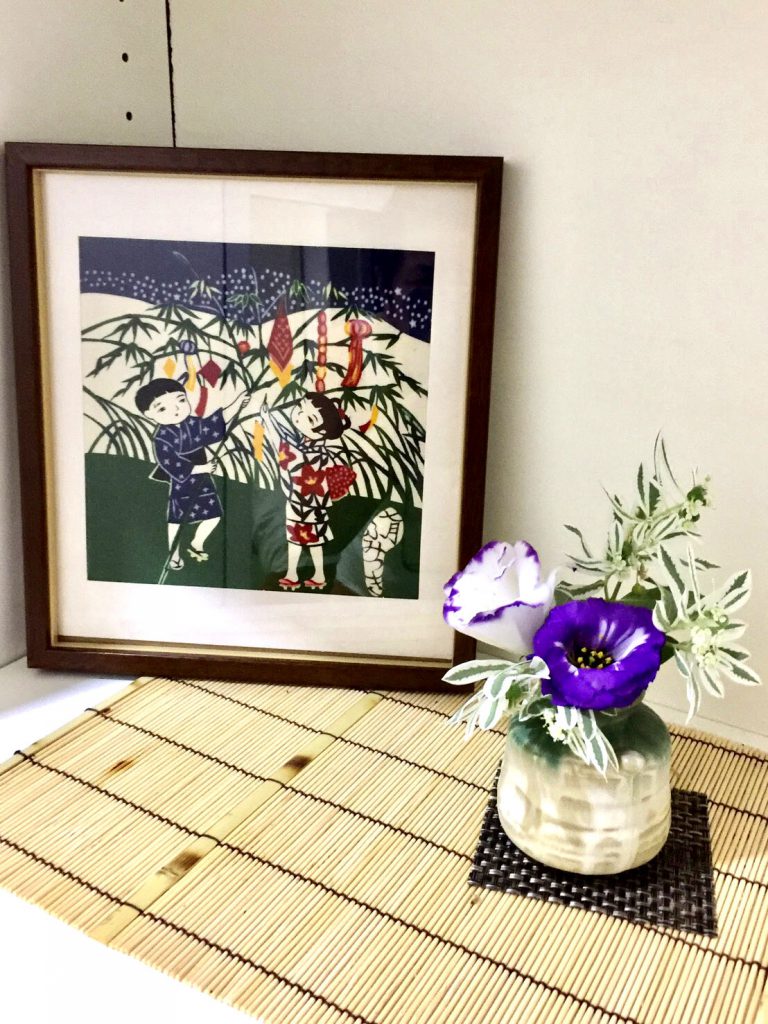
Today July 7th is Tanabata. It is a common practice to write a wish on a strip of five colors, tie it to a bamboo leaf, and display it under the eaves in this day. It’s a dream event for children. However, for the danshari generation, there is no choice but to decorate an empty strip. Danshari is the idea of yoga, which is a method of cutting , disposal, and separation.
・ Cut: Cut off unnecessary things that come in.
・ Disposal: Throw away unnecessary things that are always in the house.
・ Separation: Stay away from attachment to things.
It means that. At first glance, it seems to be the opposite of the idea of ”mottainai.” When I was young, it was difficult to prevent my dreams from expanding when I wanted this and that. However, as I get older, I can’t move because I’m buried in the things that I’ve accumulated around me as “mottainai.” Not all things. There are tons of things that are inseparable, such as the state of mind and relationships with people. I have no choice but to write nothing on the Tanabata Festival strip, or if I dare to write it, I had better write “Danshari”.
今日7月7日は七夕。五色の短冊に願い事を書き、笹の葉に結び付けて軒下に飾るというのが一般的な風習です。子供たちにとっては夢のある行事です。しかし断捨離世代にとっては空の短冊を飾るしかありません。断捨離とはヨーガの思想で、断行、捨行、離行に対応する行法です。
・断:入ってくる不要な物を断つ。
・捨:家にずっとある不要な物を捨てる。
・離:物への執着から離れる。
という意味があります。一見「もったいない」という考えに対極するかのような考え方です。若い頃は、あれも欲しいこれも欲しいと夢が膨らむのを抑えることが大変でした。しかし歳をとると、身の回りには「もったいない」と溜め込んだ物に埋もれて身動きが取れません。物ばかりではありません。心の在り方、人との縁など絶ち難いものは山ほどあります。七夕祭りの短冊には何も書かないか、敢えて書くなら「断捨離」でしょうか。
